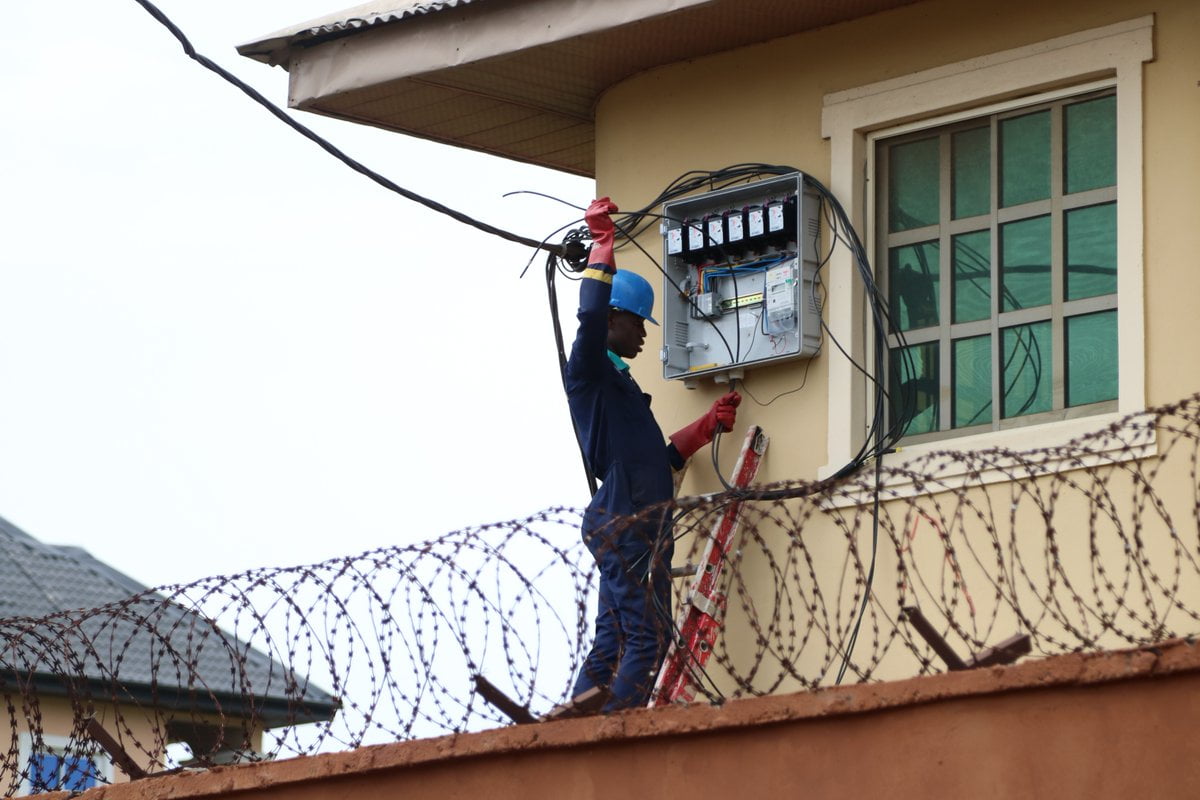As people across the world scramble to buy toiletries and food, millions of women have an additional set of stress: worrying about being forced to stay at home, unable to get away from their abuser.
Observers across the world are already seeing a pattern of increasing domestic violence around the world, correlating with the timing of social distancing lockdowns due to coronavirus.
Dozens of harrowing videos of abuse during the pandemic have gone viral on many social media sites.
For many women, even the fear of contracting the coronavirus is stopping them from seeking out medical care after experiencing physical abuse.
Regular routines for work, education, exercise, entertainment and socializing are all disrupted. Millions have lost their jobs or had their hours or pay reduced. People who have existing medical conditions are both more vulnerable and less able to seek treatment.
When people feel powerless in one area of their lives, they often seek to establish more power over other areas. This is particularly dangerous in domestic violence situations, because domestic abuse is, at its core, an effort by one partner to dominate and establish psychological, emotional, physical and sexual control over the other partner.
Advocacy groups and rights group are arguing that safety advice and planning for those experiencing domestic abuse should be included in the national government recommendations on COVID-19.
Children are also especially vulnerable to abuse during the pandemic, says child psychologist Yo Jackson, PhD, associate director of the Child Maltreatment Solutions Network at Penn State. Research shows that increased stress levels among parents is often a major predictor of physical abuse and neglect of children, she says.
Children are trapped in homes with their abusers, isolated from the people and the resources that could help them.







































Leave a comment